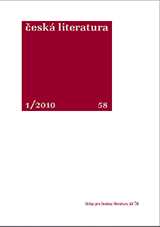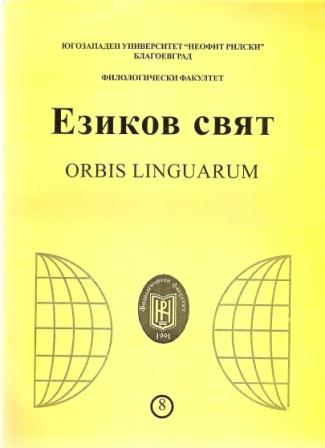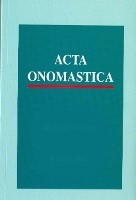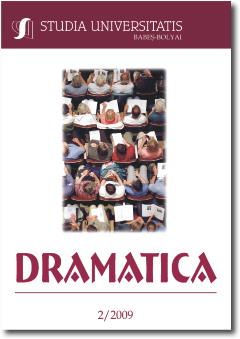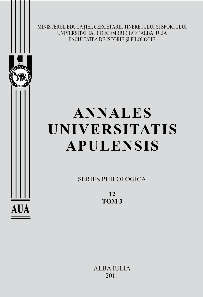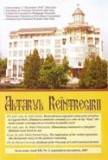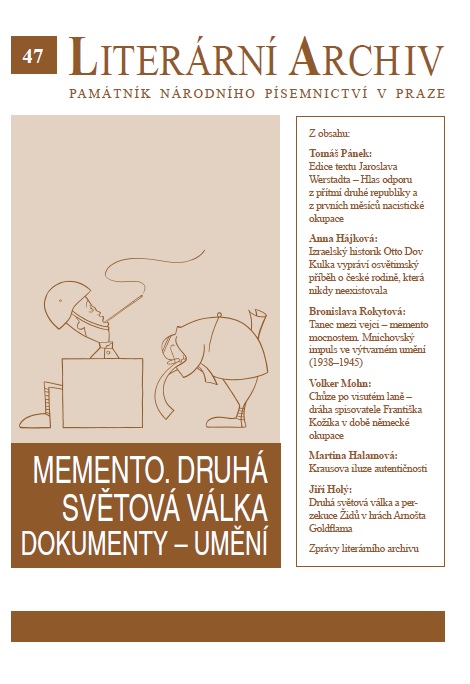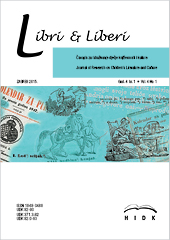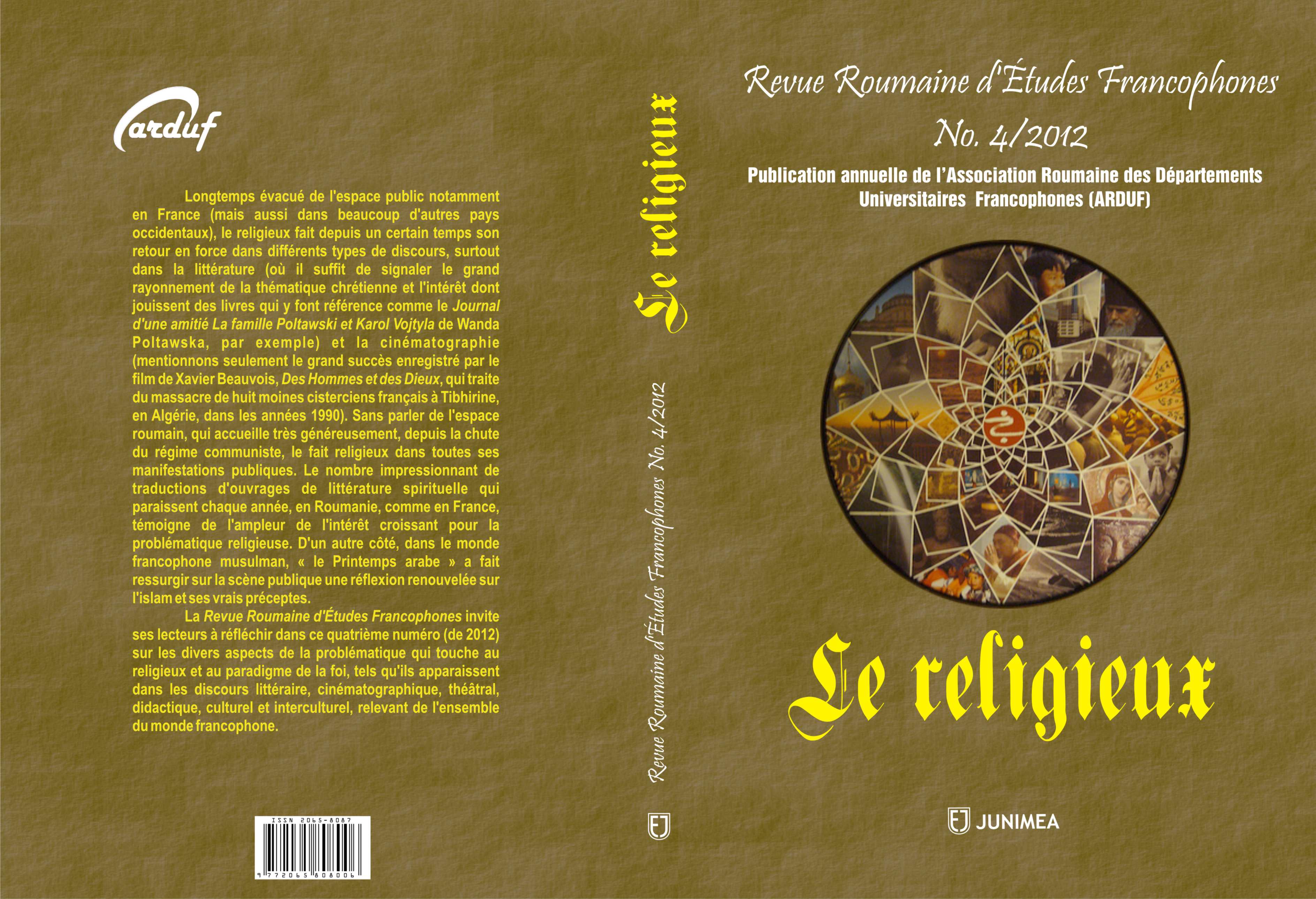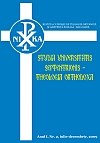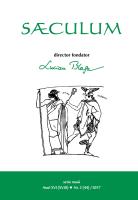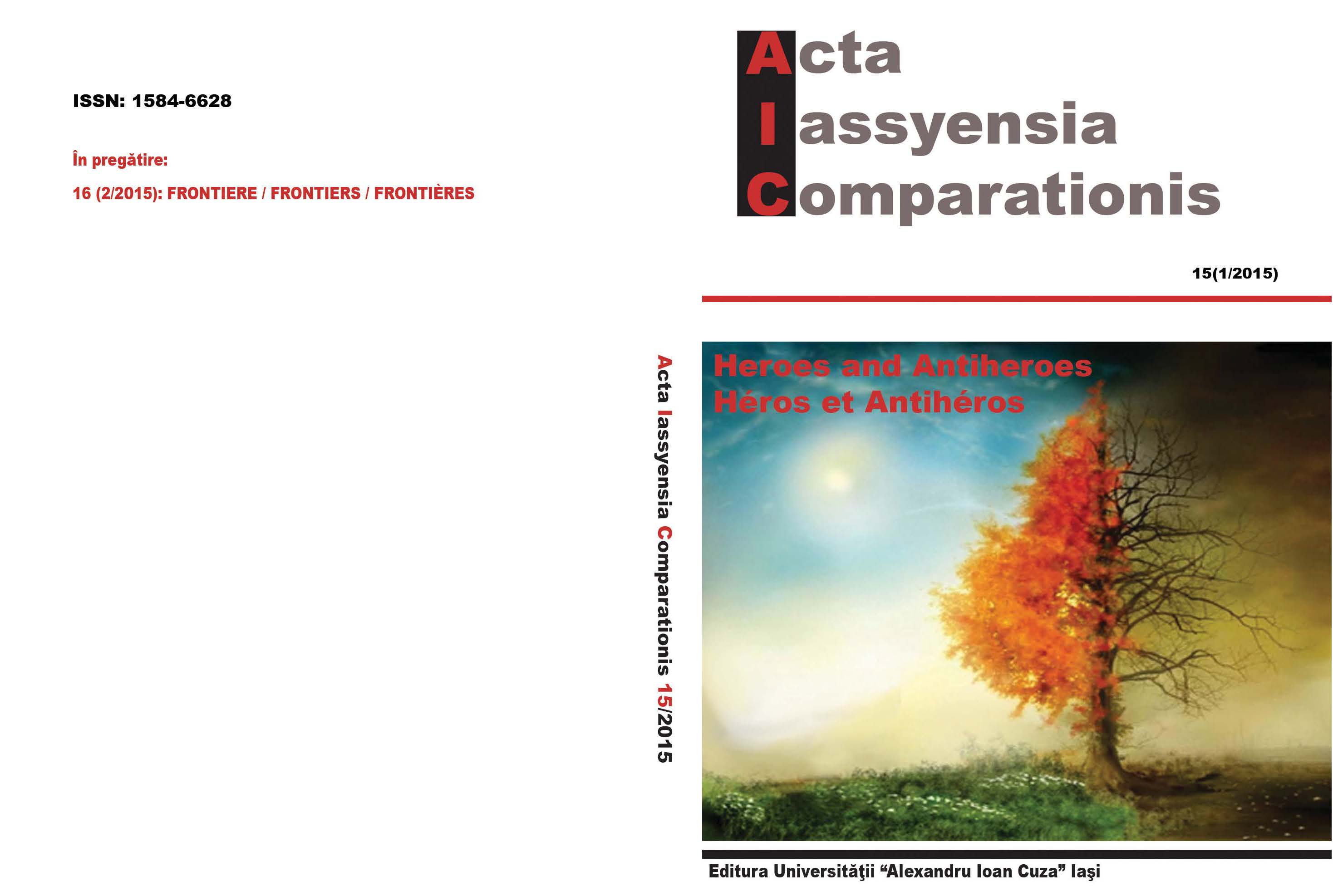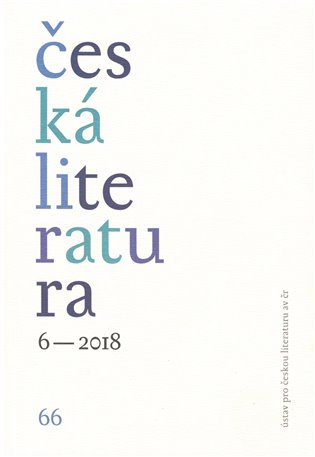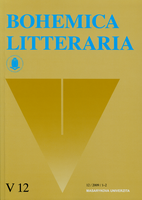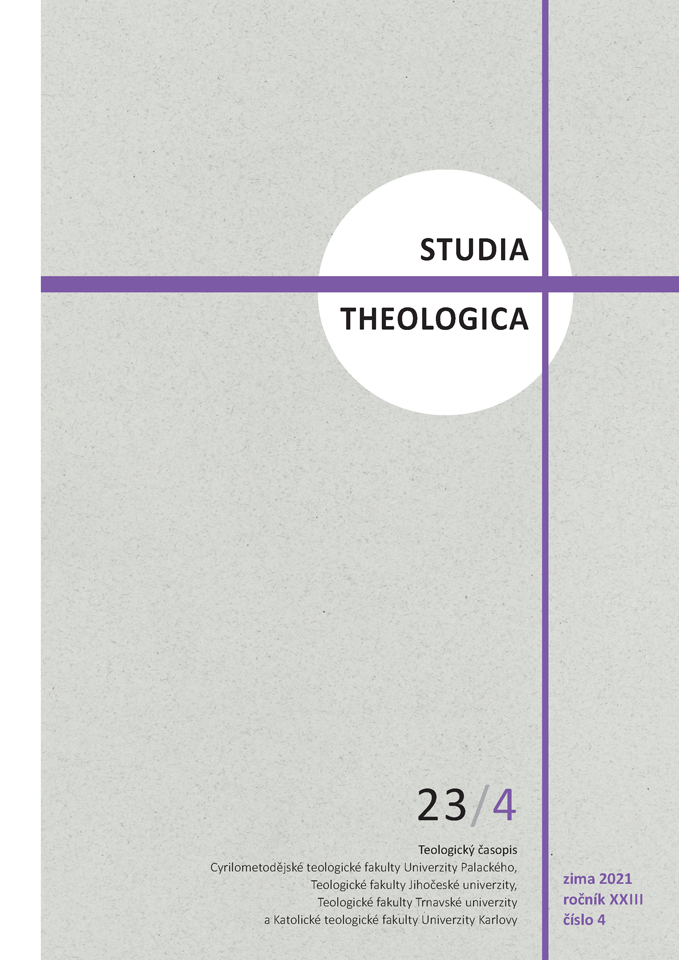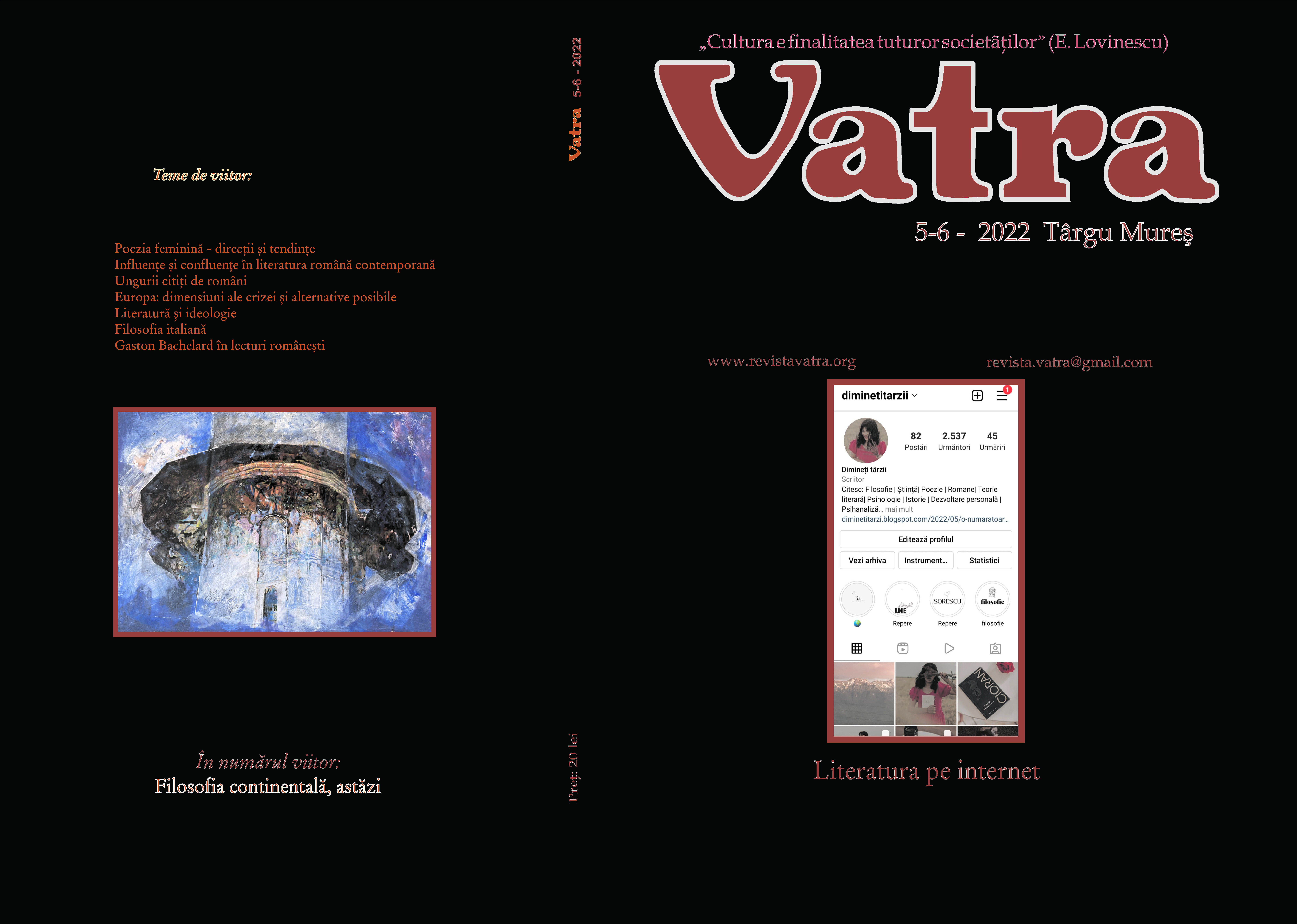Od nenápadných náznaků k holokaustové pověsti
Author(s): Štěpán Balík / Language(s): Czech
/ Issue: 47/2015
Keywords: conceptions of Shoah portrayal in literature; stereotypes; minorities; the subliminal impression of the Shoah; the sense of fear; gallows humour; so called „second generation“ of the Shoah
In the works of Irena Dousková (b. 1964) the Shoah appears in several different forms. Often it appears only implicitly, as in the verse collection Bez Karkulky (Without Little Red Riding Hood, 2009) and the prose fiction Někdo s nožem (Someone with a knife, 2000). In her most recent work of prose fiction, Darda (Darda, 2011), the Shoah is thematized by means of a dream. In a kind of waking dream, her late father, Freistein, a S hoah survivor, speaks to her. Similarly, the vision of sudden annihilation in the form of a tsunami, which has repeatedly come to the narrator since her childhood and she has been trying to decipher in psychotherapy, is a reference to the traumatic experiences of what is widely known as the ‘second generation’ of Shoah victims. Though she avoids an explicit description of Nazi despotism visited on the Jewish population, which is seen from the perspective of a victim, the author concentrates on the consequences of such inhumane behaviour. Instead of being presented with characters’ accounts of their own survival in concentration camps, the reader is presented with narratives about biological survival, which is inherent in the species universally as an endeavour to preserve itself (Goldstein píše dceři, Goldstein writes to his daughter, 1997, and the story ‘Štěstí’ [Happiness], in Čím se liší tato noc [How this night is different], 2000). Dousková’s works, however, employ other approaches as well. In her writing, the author develops a whole tangle of examples of Czech heterostereotypes, and also emphasizes – sometimes openly, sometimes implicitly – the Jewish identity of the characters or the narrator. In such a context, one has to take into account the theme of Czech collective memory about the destruction of Czechoslovak citizens who either considered themselves Jewish or were designated as such by others. Even after the death of the eyewitnesses to the catastrophe of their Jewish neighbours, traces remain in collective or individual memory, in the form of either direct narration of a given local community (as in the story ‘Chuligán’ [Hooligan], in Čím se liší tato noc), or of a petrified local legend or myth, which circulates in that community (O bílých slonech, Of white elephants, 2008). The subtle way in which the author constructs such types of Shoah survival sometimes leaves the reader with only a subliminal impression.
More...
